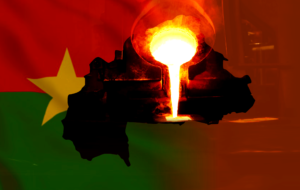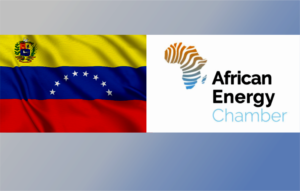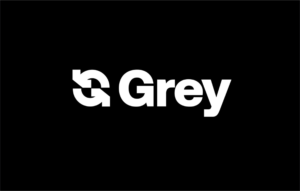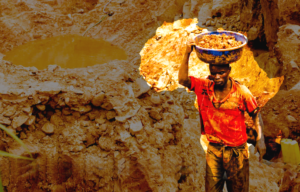ICIEC-Afreximbank Partnership: Redrawing the Arab-Africa Trade Corridor Map
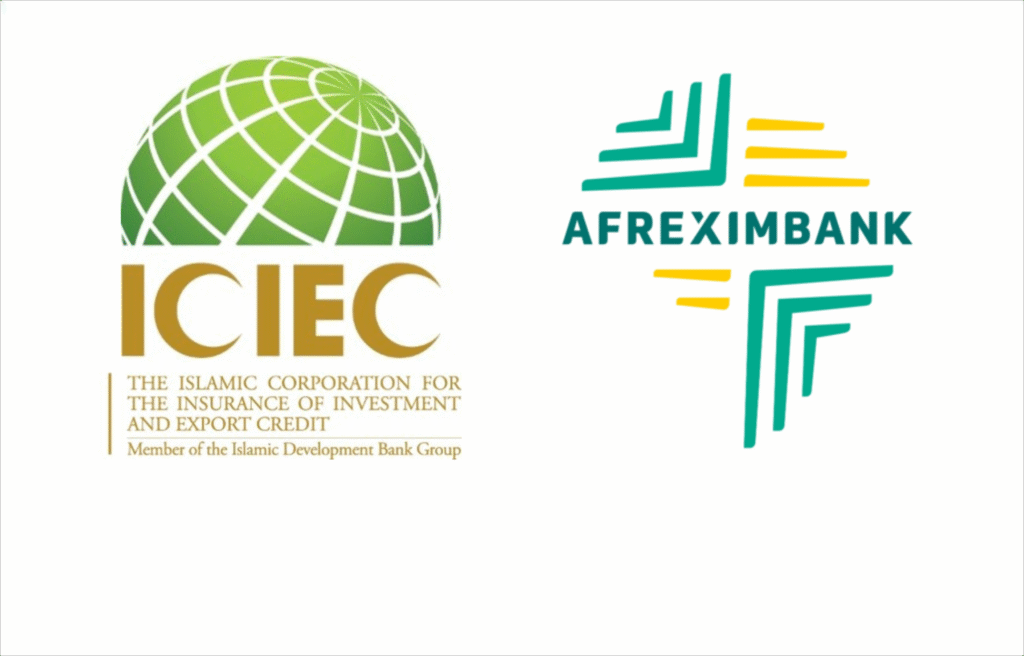
In CAIRO, a drive to promote rising economic interdependence between the Arab world and Africa, the Islamic Corporation for the Insurance of Investment and Export Credit (ICIEC) and the African Export-Import Bank (Afreximbank) signed a memorandum of understanding, designed to accelerate cross-regional trade and investment.
The MoU lays out a framework towards harmonizing supporting risk-sharing tools, digital platforms and intelligence-gathering systems. It will make navigation of market regulations, securing finance and gaining access to reliable trade data lot easier for large/small firms, across both regions. This is intended to reduce friction and de-risking expansion for businesses.
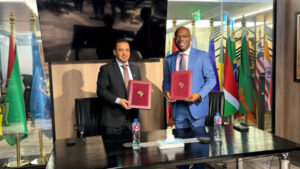
At the commercial level, the partnership addresses persistent obstacles of uncertainty to Arab-Africa trade. Many small and medium-sized enterprises hesitate to expand across borders due to impervious information, unverified partners and limited access to insurance or financing. By aligning decision-support tools, such as TRADAR Intelligence/Regulations, and leveraging the AfrexInsure initiative, the two institutions hope to lower these barriers and encourage greater private-sector participation. This could open new corridors of trade in sectors such as agribusiness, pharmaceuticals, renewable energy, logistics, etc., areas where both regions see growing demand but fragmented supply chains. Rebuilding historic links between humans and cultural impact.
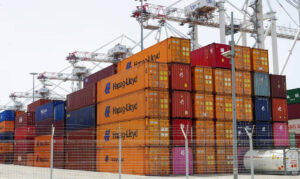
Economists say the agreement may also have cultural reverberations. Trades between the Arab world and Africa has longstanding historical roots, shaped by migration, shared commercial routes and religious ties. Yet, modern economic integration has lagged behind. Supporters of the MoU argue that facilitating business freedom could develop people-to-people connections, spurring job creation, knowledge exchange, entrepreneurship in communities, etc. that often remain excluded from global value chains. Also, by lowering technical barriers, the deal may indirectly help young professionals to women-led enterprises; and informal traders can gain better access to regional markets. Navigating an upward-changing global order in a phase of political and strategic dimensions.
![]()
The MoU politically replicates a comprehensive realignment, as both regions seek more autonomous economic partnerships. With global supply chains still vulnerable and financing conditions tightening, the Arab/African governments have increasingly sought each other for growth opportunities. Institutions like ICIEC and Afreximbank are central to this development; their cooperation shows that multilateral players are adapting to new strategic priorities that covers energy transition, food security and regional value-chain development. Furthermore, the partnership also dovetails with larger political initiatives such as the Arab-Africa Trade Bridge, in which governments hope will evolve into a durable platform for joint industrial and infrastructure projects.
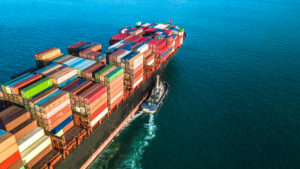
Digital and social implications, enabling data access as a development tool. One of significant aspects of the MoU, is digital integration. Enhanced access to platforms that consolidate market intelligence could level the playing field for enterprises, especially in countries where access to reliable trade data has historically been out of reach. Analysts note that such transparency can strengthen accountability that reduces corruption risks, fostering greater confidence among investors.
ICIEC believes this partnership shared-mission, marks a milestone in commitment to inclusive sustainable trade and investment across the Arab-Africa corridor. As it highlights an intensive blend of risk-mitigation expertise and expanded financing for both sides. Afreximbank on the other hand, described the agreement as an extension of a long-standing relationship that will generate mutually beneficial outcomes in market development, risk-sharing, digital innovation and capacity building.
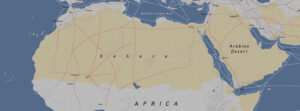
Towards an extensive regional integration: while the MoU is not in itself a financing agreement, it represents an important structural step that creates institutional alignment, much needed to make future transactions transparently faster and safe. The effective implementation of this MoU could help reshape high commercial flows across the Red Sea, strengthening regional industrial capacity to bring-in new business opportunities for communities that have long been underserved.
In clear terms, ICIEC-Afreximbank partnership may become one of the cornerstone frameworks for the Arab-Africa cooperation, fastly breathing-out into reality.


